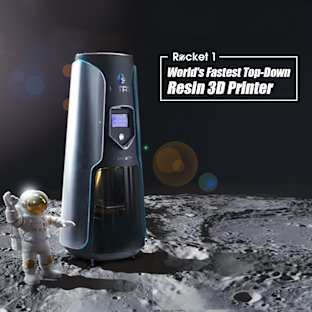About the Project
My name is Danielle Castro and I've created this fundraiser because of my personal connection to this film. Anita Lee AKA Aunty Anita, is my Queen Mother. She's shared many stories with me about trans women (Mahu Wahine) in Hawaii, including her own struggles and victories. I've seen much of the footage that Connie M. Florez (film producer) has already captured, and I can see how her passion for social justice has highlighted the resilience of the incredible Mahu Wahines in this film. Please take the time to watch the included footage and make a donation so that this important documentary can be finalized. Connie shares her vision best so I'm including her words below...
WHY THIS STORY?
"The Glades Project is more than just a documentary. It is
about the unyielding human spirit and voices of those that survived
during a time when being true to thine own self was breaking
the law. Free to be mahu, transvestite, drag queen or transgender was
adored and loved by the busloads with tourists, entertainers, movie
celebrities, military men and our very own communities. So why did we
have a Hawaii state law that condemned, jailed and violence towards the
mahu community for being different during the 60s-70s.
When I began researching the nightclub the Glade Show Lounge located
on Hotel Street in Old Chinatown Honolulu during the 60s it was like
digging up the past. When I would ask Hawaii entertainers about that
era of time they immediately lit up. What amazed me was how people
remembered the beautiful drag queens and mahu performers however the
button they wore on their chest was like a badge of honor, if you
survived the violence, murder and bigotry.
The more I researched the history of the times, the more I realized
how vital these stories are to the resilience of a marginalized
community when Hawaii’s major tourism and population growth was
booming. We had more cranes for construction in Waikiki and Honolulu
than the entire world during 1969.
So trying to ethically and culturally oppress the mahu community by wearing a label that read I Am A Boy or I Am A Man was a way for tourists, foreigners and military GIs to know they are with a man dressed a woman.
In 1963-1973, if you didn’t have that label to identify yourself it was called the “intent to deceive”
and you were arrested on the spot and a $500 fine. The Civil Rights
Act of 1964 did not include our Hawaiian mahu community for the basic
shelter, education, health and welfare. Each story is fearlessly and
emotionally told for the very first time on camera. With your support
in completing the project for post production and archival footage we
can as an 'ohana (family) complete this project toward continued
healing. More than anything to have our history for our future
generations and to honor those before our time with this project."










































